Jul 22, 2025
Author:Jackson Watson
Observing your cat losing weight but acting normal can be confusing. It acts normally, plays normally, eats normally, and keeps to its schedule — but is thin. What appears to be a minor symptom can be an indicator of a serious underlying condition.
Cats are masters at hiding illness. Unexplained weight loss in cats without behavior change can be the result of a multitude of problems, including hyperthyroidism, diabetes, infection, stress, or periodontal disease.
This guide covers the usual causes of a cat losing weight but acting normal, warning signs to watch out for, care advice for their health, and when to take your cat to the vet.
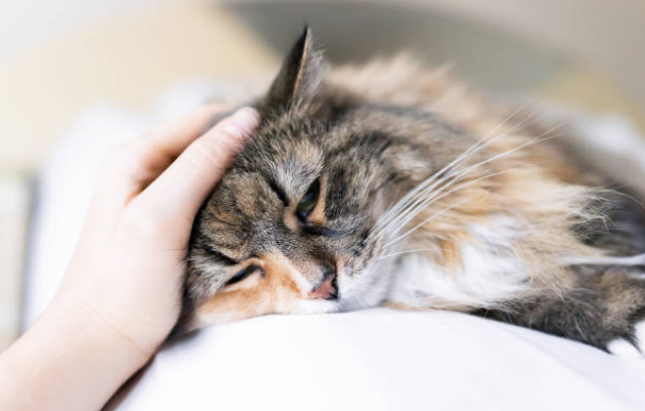
The external appearance of your cat can be misleading. Just because your furry companions do not naturally indicate vibrant, playful, or even affectionate does not mean they are in optimal health.
These felines have extraordinary abilities in hiding the signs of illness in cats - a fundamental behavior obtained from their wild ancestors, in which demonstrating weakness can make them susceptible. As a result, behavior that seems "normal" can often hide the problem of a darker, underlying issue.
It is easy to assume that when your cat is consuming food, using the garbage cans, and maintaining their customary routine. Nevertheless, minor changes such as progressive weight loss can serve as the only indicator that reflects an issue.
These slight changes are often inconsistent until the situation is advanced. Pet owners must overcome superficial comments, which also keep the most subtle changes in mind, and implement active measures to protect their cat's health.
In spite of the presence of many "green flags," unexplained weight loss in cats can be a symptom of an underlying condition.
● Regular appetite: Consuming meals and snacks without a problem.
● Playfulness: Playing with toys, running, or chasing is typically done.
● Regular sleep patterns: No indication of unusual restlessness or fatigue.
● Typical daily litter box behavior: Urinating and defecating normally.
● Cuddly or people-oriented: Missing attention or being their usual standoffish self.
The transformation is subtle; the weight loss process is gradual, and so it is rather simple to overlook in the thick coat. Unlike dogs, cats don't advertise pain or weakness. It's not their personality — it's instinct.
● Survival Instinct
In nature, to show even a hint of weakness is to invite predation. Domestic cats still possess this instinct.
● Masking Behavior
They just keep on eating, playing, or grooming to look fine, even when they're not.
If your cat is losing weight but acting normal, don’t write it off as nothing. This subtle change could be the sole early sign that something else is brewing.
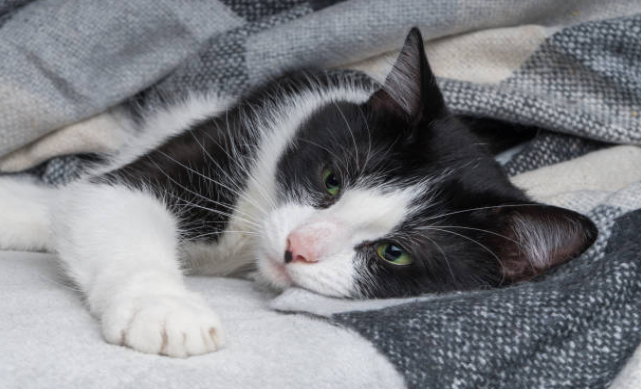
If your cat is becoming thin but otherwise acts normally, there are a couple of typical underlying causes that could be causing this condition:
Parasites such as tapeworms or roundworms rob the cat of its nutrients, so your cat will lose weight despite eating.
Sore teeth or gums will cause eating to be painful — your cat will try to eat but not be able to consume enough.
A frequent complication in senior cats that raises their metabolism, causing them to lose weight even when they have a big appetite.
When the body cannot metabolize the sugar properly, it starts burning muscles and fat, and you begin to lose weight considerably.
Diseases like IBD or food allergy may prevent your cat from digesting nutrients despite your cat's hunger.
Usually not found in early stages, renal complications can cause slow, ongoing weight loss and excessive thirst.
A change from routine, transfer, or a new pet can be stressful, which can affect digestive or eating patterns without symptoms.
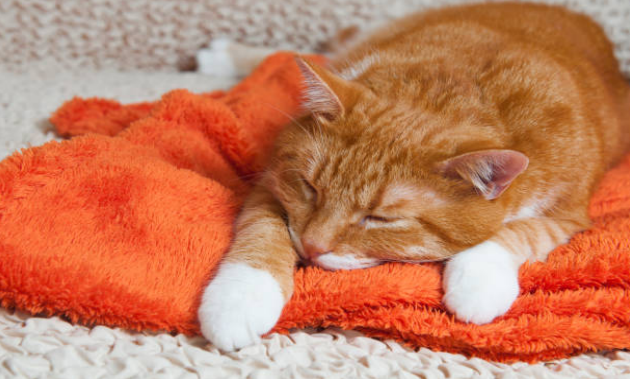
If your cat is losing weight, but acting normal, do not panic - but don't ignore it. Here is how you can work on things from home:
Cats may not always show when something is wrong — that’s why keeping a close eye on their weight and behaviour is so important.
● Get your cat's weekly weight by using the child's scale or holding it and reducing your weight.
● Keep a record of their hunger, energy levels, litter habits, and any small change you notice.
● Take pictures monthly — sometimes weight loss shows more clearly in photos than in person!
● Take good care of the hydration of your cat, as it plays a vital role in its appetite.
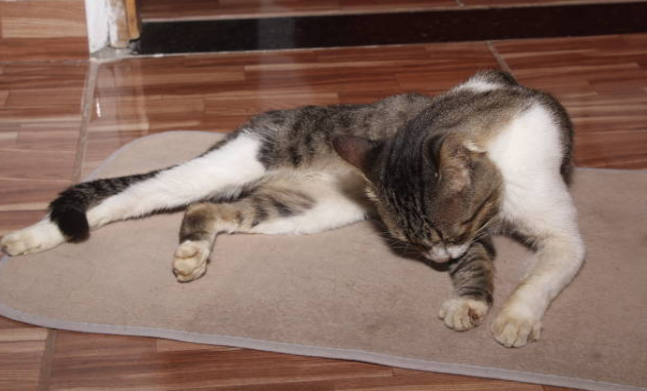
Feeding a cat that’s losing weight takes more than just offering extra food. It requires a thoughtful approach customized to their needs.
● Offer high-protein diets designed for weight gain or senior cats.
● Try small, frequent food to promote intake without weighing heavily on your stomach.
● Add toppers such as Tuna water, bone broth, or wet food to stimulate hunger.
● Ensure that fresh water is always available - dehydration can worsen weight issues.
Just like humans, cats are sensitive to their surroundings — and stress can directly affect their health.
● Make a consistent routine for your cat by making regular feeding times, and feeding them at regular intervals in order to establish a good digestive habit.
● Try to make a designated litter box and schedule play sessions.
● To make your cat more comfortable, make a safe space where they can take successive rest, take ample rest, and enjoy a safe and sound sleep.
● To reduce anxiety, apply calming aids such as a pheromone diffuser or soft music. Additional attention can be beneficial through activities such as grooming, cuddling, and playing.
Protip: Make comfortable space, cool corners and comfortable hideouts for your cat. Try to make such hideouts away from your living room so that they enjoy a good and noiseless sleep.
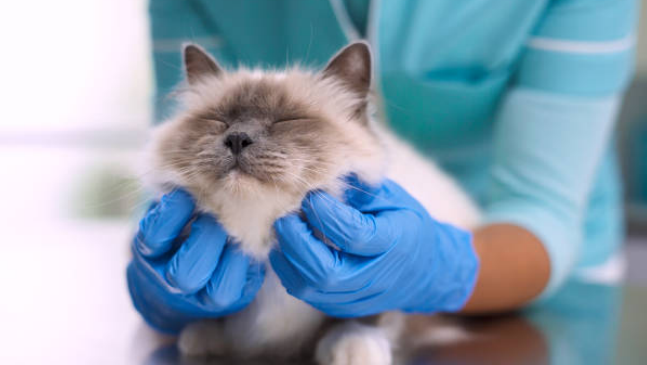
When your cat keeps losing weight, yet otherwise normal behavior continues, it is difficult to tell when a vet visit is warranted. Go with your instincts and look for indicators that suggest professional help.
Be cautious of any sudden behavior change, as it is important to detect health issues. Cats often display the crisis subtly, which also makes minor changes important.
Monitoring food habits, garbage compartment activity, energy levels, and grooming practices can help identify warnings before they develop into more serious concerns. Additionally, regular veterinary check ups are required.
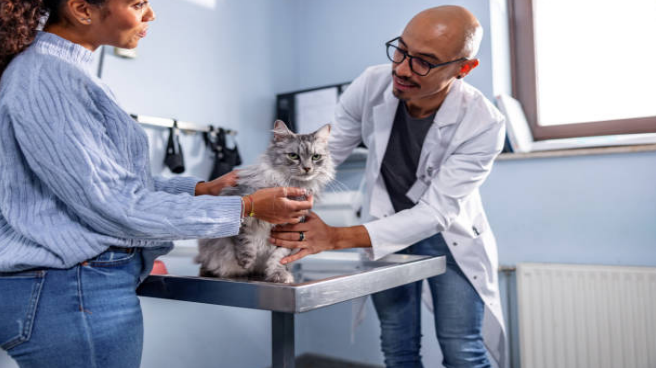
Cats are experts at hiding discomfort, which can make it tricky to notice when something's wrong. But as a pet owner, being aware of the small changes can make a big difference. Below are some of the more noticeable warning signs that may suggest your cat isn't feeling their best — and may need a closer look or a visit to the vet:
● Subtle behavioral change - low fickleness, more hiding, or less grooming
● Change in appetite - suddenly less or less food than normal
● Increased thirst or urine - can point to diabetes or kidney disease
● Digestive issues - vomiting, diarrhea, or changes in stool
● Poor coat condition - dull fur, hair loss, or greasy texture
● Poor breath or drooling - symptoms of dental disease
Your cat is losing weight, but is acting normal - perhaps the alarm bell does not go away immediately. After all, they are still eating, playing, and behaving. But behind that cool outlook, there can be some serious development that is worthy of your attention.
Fortunately, when caught early, many reasons for unexplained weight loss in cats can be effectively managed. Keeping a close eye on your cat's habits, making thoughtful changes at home, and consulting your vet at the right time can be helpful.
Also, being attentive doesn't just mean noticing symptoms — it also means creating an environment that supports your cat’s well-being. Tools like the WOPET automatic cat feeder help you monitor eating patterns and maintain consistent routines, even when you're away.
Finally, your bond with your cat is created on trust and understanding. Although signs of illness in cats may not show externally, your awareness and initial reaction may cause all differences.
Label:
Popular Post

What to Feed a Sick Dog With No Appetite? [2025 Guide]
May 16, 2023

Troubleshooting Common Issues with Automatic Pet Feeders: Tips & Tricks for Pet Owners
Oct 26, 2023
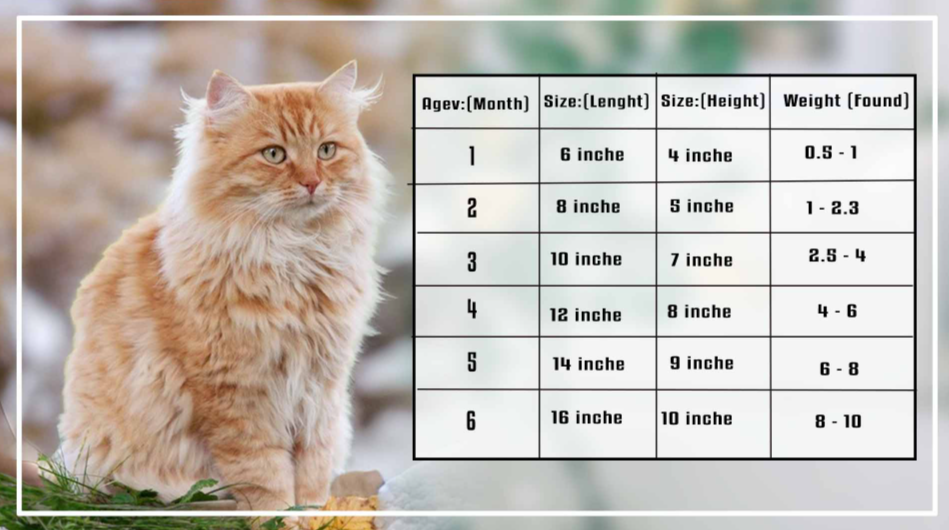
What is a standard Cat Weight chart by age Kg?
Mar 19, 2025

Why Does My Cat Cough After Drinking Water? 8 Potential Reasons
Mar 13, 2023
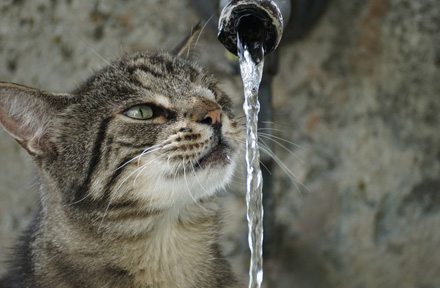
Why is My Cat Throwing up Water? Top 5 Causes Here
Feb 08, 2023
$109.99
$129.99
Copyright © 2025 WOPET. All Rights Reserved.